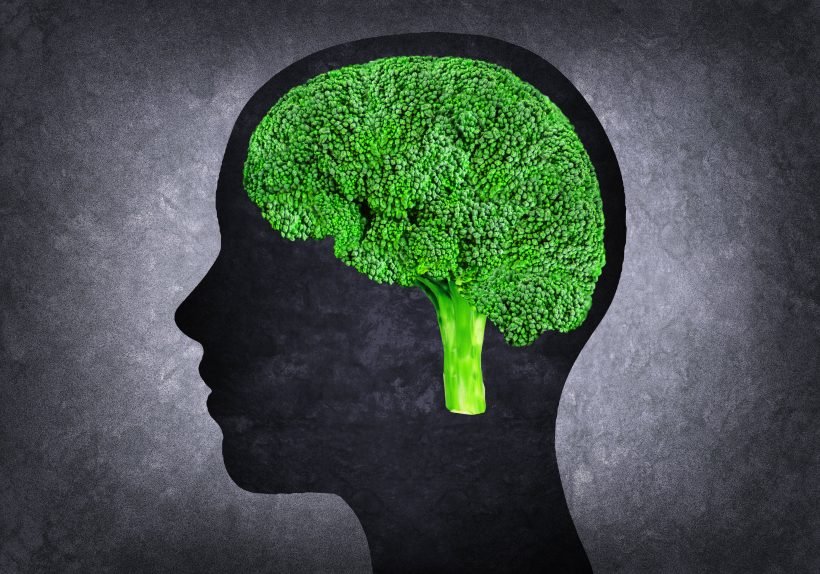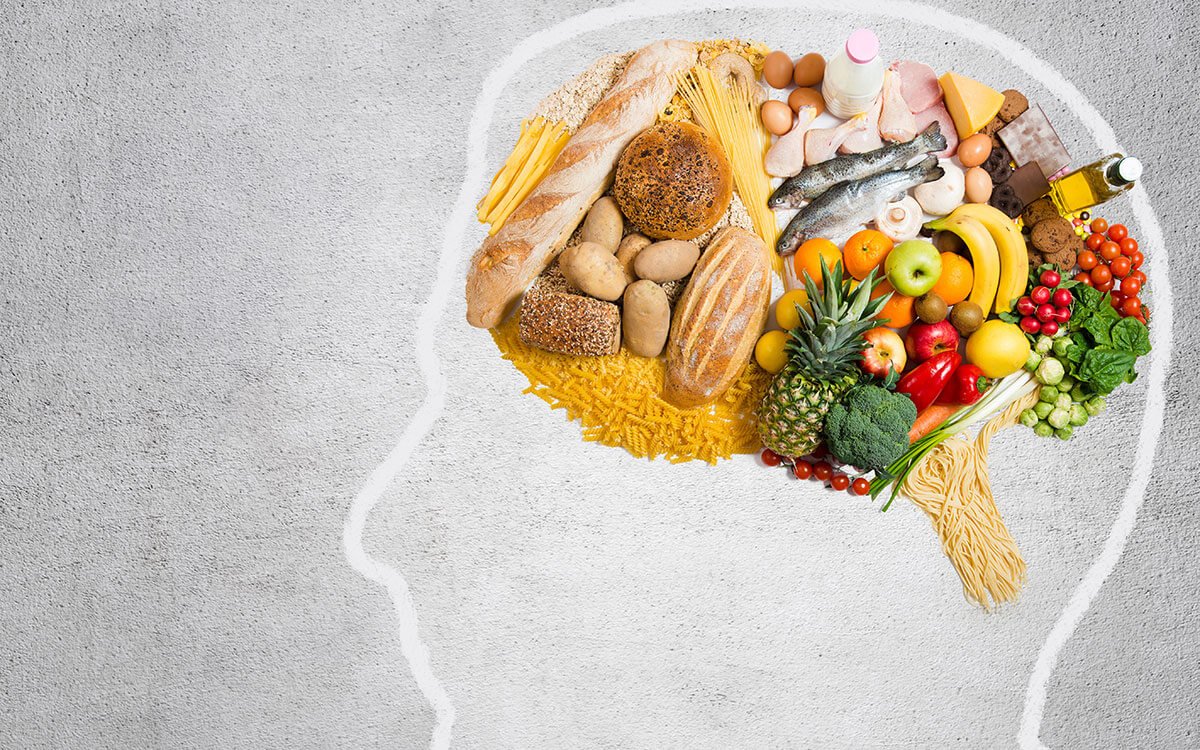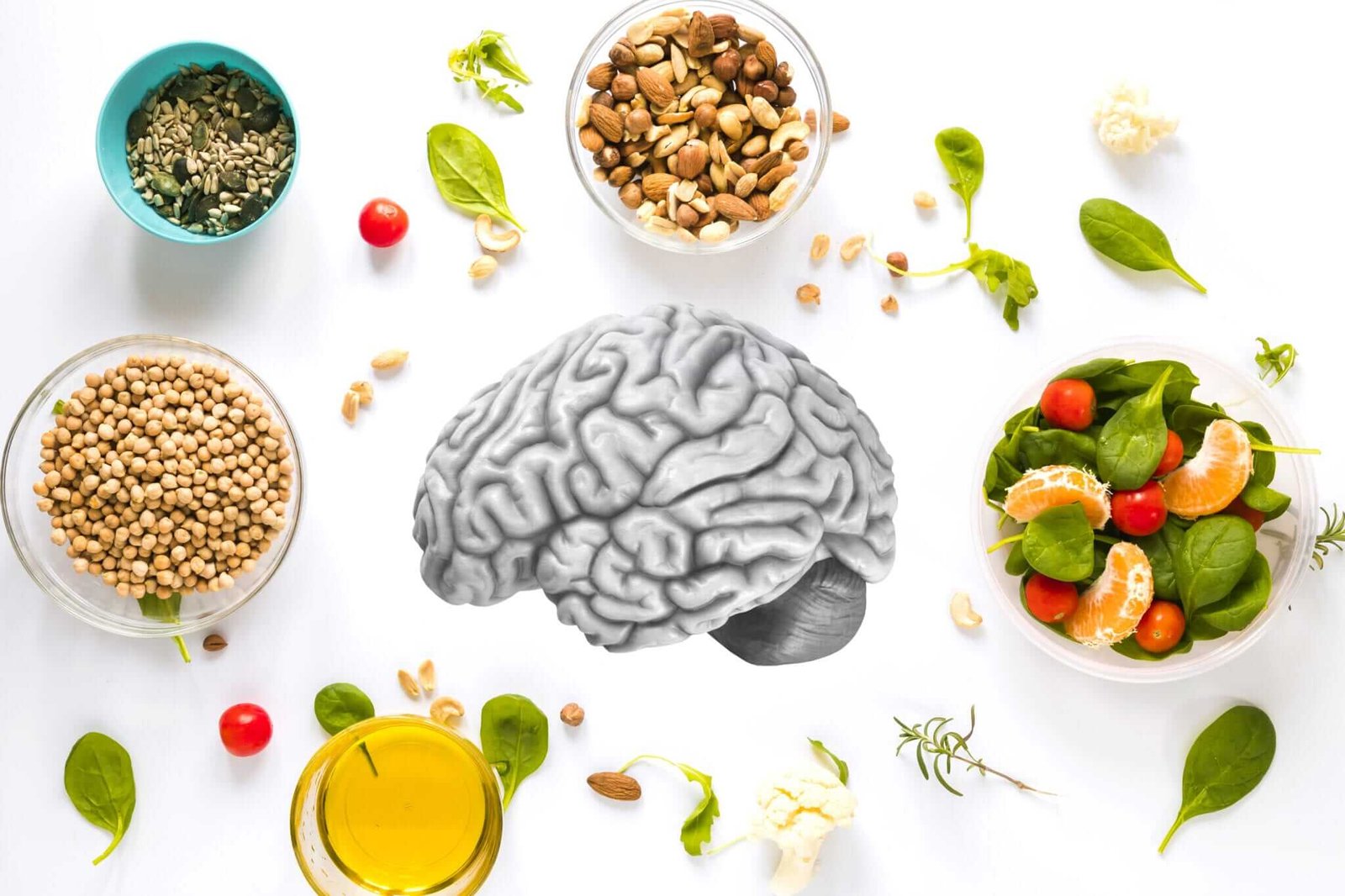In the pursuit of optimal health and well-being, attention to lifestyle choices extends beyond physical fitness to encompass cognitive function and mental acuity. Recent research suggests that adopting healthier lifestyles is associated with improved cognitive function, independent of Alzheimer’s disease pathology. In this exploration, we delve into the correlation between lifestyle factors and mental acuity, highlighting strategies for promoting brain health and preserving cognitive function.
Table of Contents
Understanding the Relationship Between Lifestyle and Cognitive Function
Lifestyle Factors and Cognitive Health
Research indicates that lifestyle factors such as diet, exercise, sleep quality, social engagement, and mental stimulation play a crucial role in maintaining cognitive function and reducing the risk of cognitive decline. These lifestyle choices can influence brain structure and function, affecting memory, attention, and executive function.
Impact on Alzheimer’s Disease Pathology
While Alzheimer’s disease pathology is a significant contributor to cognitive decline and dementia, evidence suggests that adopting healthier lifestyles can mitigate its impact and promote resilience against cognitive impairment. Healthy lifestyle habits may help delay the onset of Alzheimer’s symptoms and enhance cognitive reserve, the brain’s ability to withstand neurological damage.
Key Lifestyle Factors for Promoting Brain Health
Nutritious Diet and Hydration
A balanced and nutritious diet rich in antioxidants, omega-3 fatty acids, vitamins, and minerals is essential for brain health and cognitive function. Adequate hydration is also crucial for maintaining optimal brain function and supporting cognitive processes such as concentration and memory retention.
Regular Physical Activity and Exercise
Regular physical activity and exercise have been shown to improve cognitive function, enhance brain plasticity, and reduce the risk of cognitive decline. Engaging in aerobic exercises, strength training, and mind-body activities can promote neurogenesis, the growth of new brain cells, and protect against age-related cognitive decline.
Quality Sleep and Stress Management
Quality sleep is vital for cognitive function, memory consolidation, and emotional regulation. Establishing healthy sleep habits and practising relaxation techniques can improve sleep quality and support overall brain health. Effective stress management strategies, such as mindfulness meditation and stress-reducing activities, also contribute to cognitive resilience and well-being.
Strategies for Maintaining Brain Health
Lifelong Learning and Mental Stimulation
Continuously challenging the brain through lifelong learning, cognitive activities, and mental stimulation is essential for maintaining cognitive function and promoting neuroplasticity. Engaging in activities such as reading, puzzles, games, and learning new skills can keep the brain agile and resilient against cognitive decline.
Social Engagement and Community Connections
Maintaining social connections and engaging in meaningful interactions with others are critical for cognitive health and emotional well-being. Social engagement stimulates brain activity, fosters a sense of belonging and purpose, and reduces the risk of social isolation, which is associated with cognitive decline and dementia.
Conclusion, as we strive to optimize our health and well-being, prioritizing brain health and cognitive function is paramount. By adopting healthier lifestyles that encompass nutritious diet choices, regular physical activity, quality sleep, stress management, lifelong learning, and social engagement, we can promote cognitive resilience and preserve mental acuity throughout the lifespan.
FAQs (Frequently Asked Questions)
Q. What is the relationship between lifestyle choices and cognitive function?
Lifestyle factors such as diet, exercise, sleep quality, social engagement, and mental stimulation influence cognitive function and can help reduce the risk of cognitive decline.
Q. How do lifestyle choices impact Alzheimer’s disease pathology?
While Alzheimer’s disease pathology contributes to cognitive decline, adopting healthier lifestyles can mitigate its impact and promote resilience against cognitive impairment.
Q. What are some key lifestyle factors for promoting brain health?
A nutritious diet, regular physical activity, quality sleep, stress management, lifelong learning, and social engagement are key lifestyle factors that contribute to brain health and cognitive function.
Q. What strategies can individuals employ to maintain brain health?
Individuals can maintain brain health by adopting healthier lifestyles, engaging in mental stimulation and lifelong learning activities, and fostering social connections and community engagement












